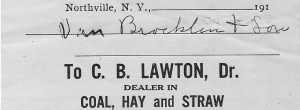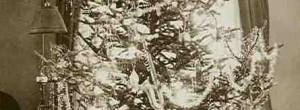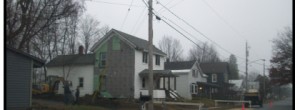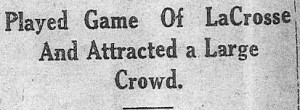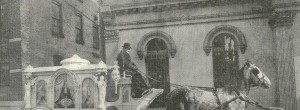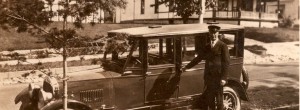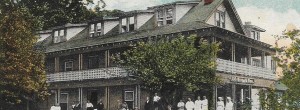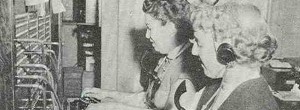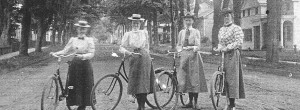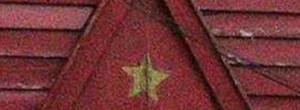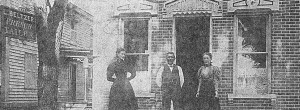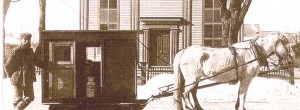Hack
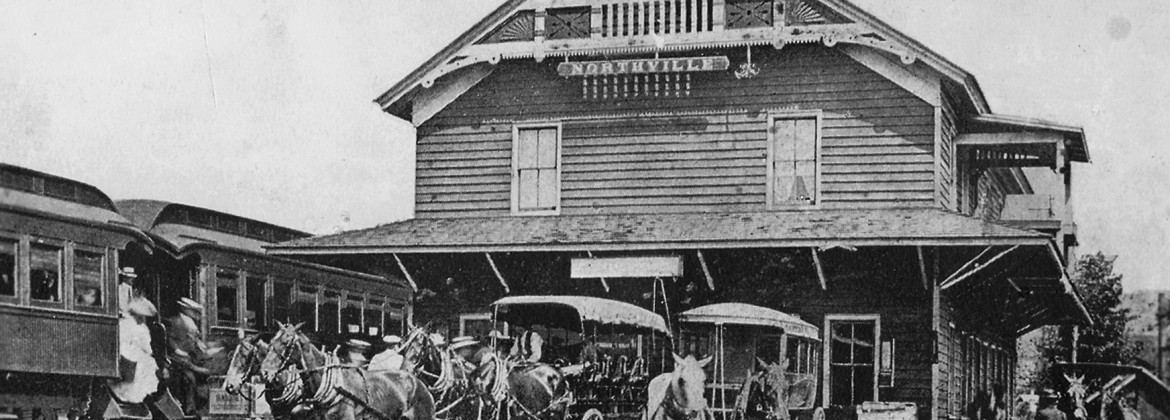

Hacks waiting to take passengers into the village of Northville that had arrived on the F. J. & G railroad.
We don’t like to hear that word today. In modern times it means “to gain unauthorized access to data in a system/ computer. It has a very different meaning than years ago.
Today we are afraid someone will “hack” into our computer. The words Hack or Hackney stems from London, England, meaning a carriage or vehicle to transport passengers to a destination of their choosing by way of a hack or hackney
carriage.
According to an article on the internet, the first hackney carriage licenses date from 1662, and applied literally to horse-drawn carriages, later modernized as hansom cabs (1834), that operated as vehicles for hire. There was a distinction between a general hackney carriage and a hackney coach, a hireable vehicle with specifically four wheels, two horses and six seats, and driven by a jarvey.
The Northville railroad station was located on the west side of the Sacandaga River. Access into the village of Northville was a narrow bridge. It soon was evident that a regular hacking service into Northville was much needed.
The Lawton Coal Company purchased a ten seated horse-drawn hack which transported people between the village and the station for a fee. It also carried mail bags.
Charles Lawton was conductor for many years. John Cole drove a four-seated horse-drawn hack from Northville to
Sacandaga Park.
As the automobiles came on the scene, the horse-drawn hacks faded, Harvey D (Bub) Eaton , John Grennell and Arthur Fowler and Lewis Snell, drove Model T Fords as taxis to the station, the Park and
points North.
In 1908 a village ordinance was passed that hack licenses would be required. Horse-drawn hack, two seats, $10.00 ; Three seats, $15.00; Horse-drawn bus, $25.00; and small automobile taxi $50.00.
In later years, Frederick R. Stuart and Jesse Blowers conducted taxi service in the Village. There may have been others.


